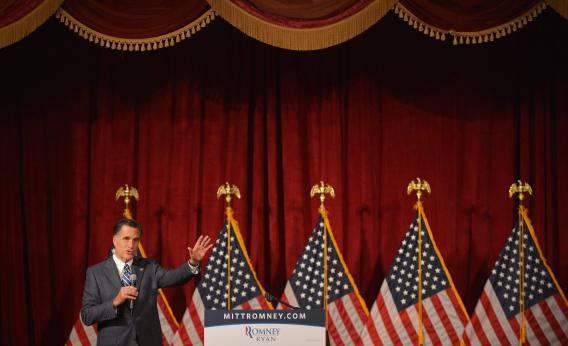I noted last week that the Washington, D.C., area’s rising affluence seems clearly to be linked to the rising investment in influence peddling that characterizes American politics and the economy. But what accounts for that?
Ross Douthat suggests that it’s a story about “how federal spending often finds its way to the well-connected rather than the people it’s supposed to help, how every new program spawns an array of influence peddlers, and how easily corporations and government become corrupt allies rather than opponents.” Will Wilkinson more tersely refers to the “increasingly politicised economy.”
But I’d like to hear these gentlemen spell out in detail what changes in government policy they think have this impact. In most respects it seems to me that the American economy is much less politicized in 1972 than it was in 2012. Federal spending had a very different composition 40 years ago from today—much more military and much less Social Security and Medicare—but as a share of the economy, there hasn’t been any big upward trend. If anything, the shift away from the Pentagon and toward formula-driven spending on the elderly would seem to me to militate toward less influence peddling. And by the same token, back in the proverbial day we had much more comprehensive federal economic regulation—with bureaucrats setting airfares, truck shipping rates, telephone fees, and all kinds of other things that were deregulate in the Carter/Reagan/Clinton years.
My sense is that it’s actually politics much more than policy that’s shifted. Your Sheldon Adelsons and David Kochs have an agenda, of course, but they’re spending too much money to be a narrowly rational investment in their business interests, and the same is true of George Soros on the other side. It’s a not a coincidence that Democrats tend to toe the Hollywood line on intellectual property issues, but Jay-Z and Scarlett Johansson and all the rest of this Hollywood fundraising, again, can’t be reduced to mere self-interest. Mitt Romney wouldn’t be talking about the 47 percent behind closed doors if politics and money was all about profiteering; he’d be talking concrete deliverables.
Beyond the campaigns we’ve seen the rise of a vast conservative “counter-establishment,” the growth of a progressive counter-counter-establishment, and now even a counter-counter-counter-establishment.
Yet these ideological institutions don’t eliminate traditional transactional corporate lobbying, they simply serve to raise the bidding price. And at the same time, as Theda Skocpol has documented, we’ve seen a decline in traditional membership organizations. That means that less influence is wielded by the nonmonetary contributions of a group with members, and more influence is wielded by professionally managed nonprofit advocacy groups. That means the groups themselves are more Washington-focused, are more about money, and are more about spending money on highly skilled practitioners. And obviously it gets to be an arms race. If your enemies are spending X, you don’t rush out and spend 1000X on the next campaign—nobody will give you the money. But each time the spending ratchet goes up, it gets easier to run back to your donors and say you need a little bit more. One reason the “professional left” has been so eager to harp on Koch spending is because awareness of that spending is the best possible donation pitch. And up and up it will continue to spiral until rich people decide politics is boring and they don’t want to spend on it.
